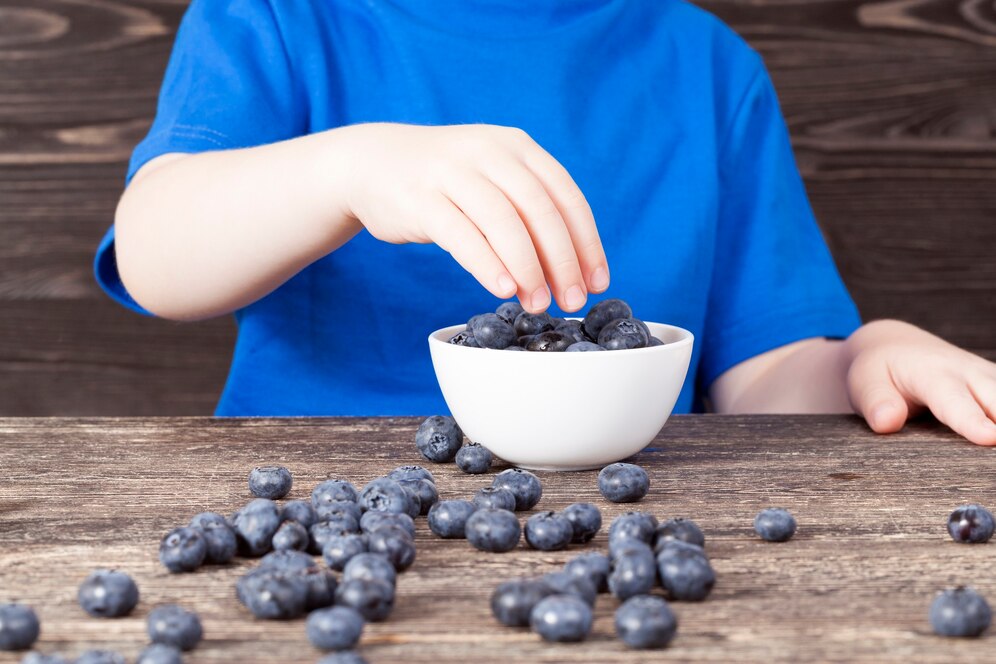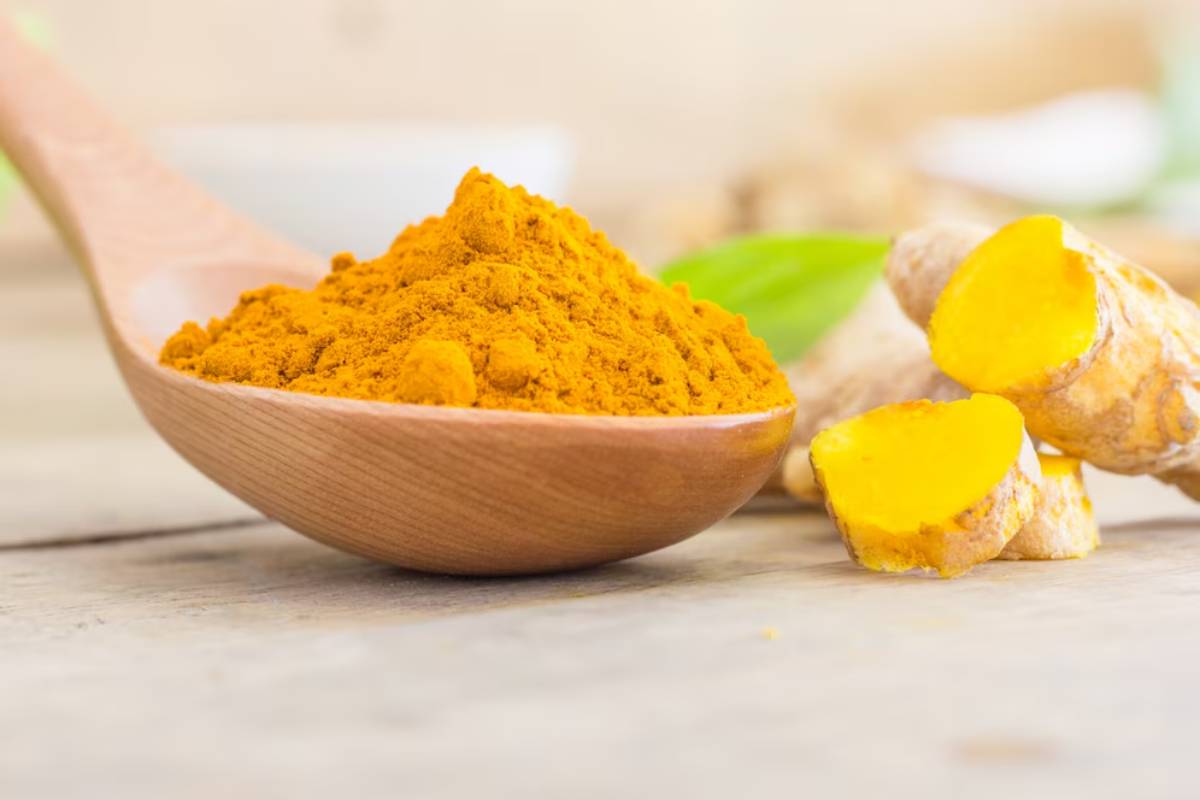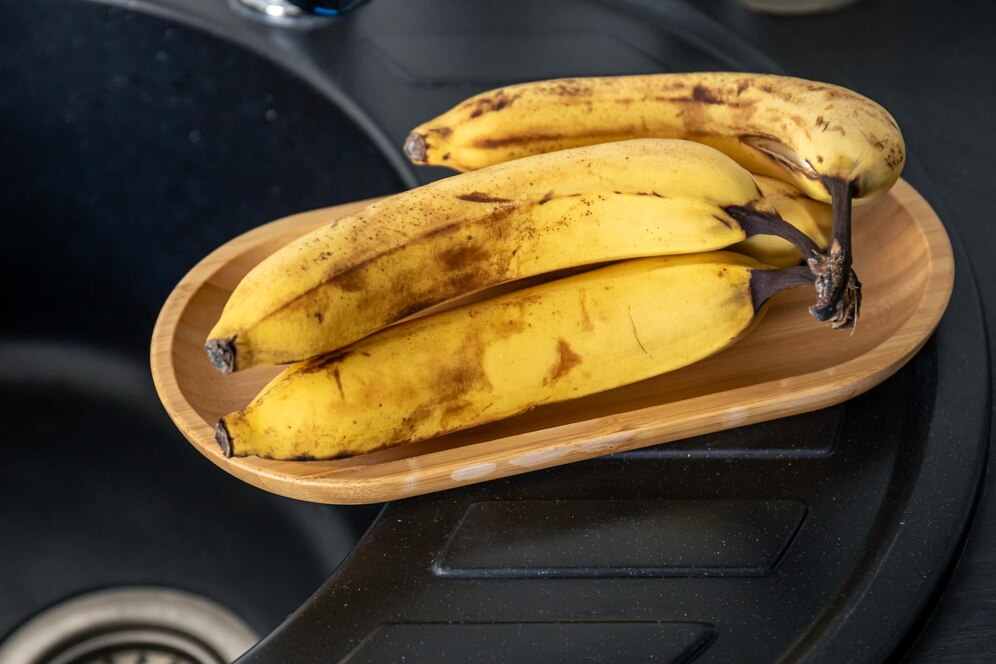
Superfoods That Support Workout Recovery
You’ve worked hard — sweat, pushed, lifted, moved. But that recovery is when your body really rebuilds. What you eat post workout has a huge influence on how quickly you recover, how sore you feel the next day and how ready you are for your next session. That’s where the superfoods come in.
Superfoods are nutrient-dense foods full of antioxidants and natural anti-inflammatory compounds to help you optimise your post-workout nutrition. Whether you’re a casual gym-goer or a serious athlete, adding the right recovery foods to your routine can speed up repair, reduce fatigue, and support long-term fitness goals.
Let’s take a look at the top superfoods that nourish your body after exercise—so you can recover smarter and train harder.
What Makes a Food a “Superfood”?
A superfood isn’t just trendy marketing—it’s a food naturally rich in beneficial nutrients like:
- Protein to rebuild muscle
- Antioxidants to reduce inflammation and support immune function
- Electrolytes like potassium and magnesium for hydration and muscle function
- Healthy fats to lower inflammation and support hormone health
- Complex carbs to refuel energy stores (glycogen)
When you combine these nutrients post-workout, you help your body recover faster, build strength, and reduce the risk of injury.

1. Blueberries – Antioxidant Powerhouse
Blueberries may be small, but they’re packed with antioxidants—especially anthocyanins, which help reduce muscle inflammation and oxidative stress after intense training.
Why they work:
- Help protect muscle cells from damage
- May reduce soreness and speed up recovery
- Easy to add to smoothies, yoghurt, or porridge
Frozen blueberries are just as nutritious and last longer—perfect for a quick post-gym snack.
2. Salmon – The Recovery Protein Hero
Rich in protein and omega-3 fatty acids, salmon is a top-tier post-workout nutrition choice. Omega-3s reduce muscle inflammation and support heart and joint health.
Why it works:
- High-quality protein helps rebuild muscle fibres
- Omega-3s lower post-exercise inflammation
- Contains B vitamins and potassium for energy metabolism
Serving idea: Pair grilled salmon with quinoa and steamed greens for a complete recovery meal.
3. Sweet Potatoes – Clean Carbs for Energy
After a workout, your muscles need to replenish glycogen (stored carbs). Sweet potatoes offer complex carbs with a healthy dose of fibre, vitamin C, and potassium.
Why they work:
- Restore energy levels without spiking blood sugar
- Support immune function and tissue repair
- Help regulate muscle contractions and hydration
Quick fix: Roast a batch of sweet potatoes and store them for easy post-workout meals.
4. Greek Yoghurt – Protein Plus Probiotics
Greek yoghurt provides a perfect balance of protein and natural carbohydrates. It’s also full of probiotics that promote gut health—key for overall recovery.
Why it works:
- Delivers about 15–20g of protein per cup
- Helps support gut health and digestion
- Can be customised with fruits, seeds, or honey
Recovery combo: Add berries, chia seeds, and a drizzle of honey for a nutrient-rich snack.

5. Turmeric – Nature’s Anti-Inflammatory
Known for its bright yellow colour and powerful compound curcumin, turmeric is a superfood that helps reduce inflammation and muscle soreness.
Why it works:
- Curcumin fights oxidative stress
- Supports joint health and recovery
- Enhances immune response
How to use: Mix into smoothies or oat bowls, or make a turmeric latte with almond milk.
Add black pepper—it boosts curcumin absorption by up to 2000%.
6. Eggs – Affordable, High-Quality Protein
Eggs are one of the most complete and bioavailable protein sources available. They’re also rich in essential amino acids, including leucine, which plays a key role in muscle recovery.
Why they work:
- Help build and repair muscle tissue
- Contain healthy fats and vitamins like B12 and choline
- Quick and versatile in meals
Meal idea: Scrambled eggs with avocado toast and a side of spinach make a perfect recovery breakfast.
7. Chia Seeds – Small but Mighty
Chia seeds are rich in fibre, protein, and omega-3s, making them a great all-in-one recovery food. They absorb liquid and expand, helping with hydration too.
Why they work:
- Plant-based protein for muscle repair
- Omega-3s for inflammation
- Long-lasting energy thanks to slow-digesting fibre
Serving idea: Soak chia seeds overnight in almond milk, then top with fruit and cinnamon for a quick breakfast.
8. Spinach – Green Recovery Fuel
Spinach offers iron, magnesium, and antioxidants in every bite. These nutrients support blood oxygenation, muscle function, and overall recovery.
Why it works:
- Magnesium supports muscle relaxation and energy
- Iron aids oxygen transport and energy production
- Antioxidants combat exercise-induced stress
Add it to: Salads, smoothies, omelettes, or grain bowls.
9. Cottage Cheese – The Night-Time Protein Snack
Cottage cheese is packed with casein—a slow-digesting protein that helps muscles recover overnight. It’s perfect before bed if you’ve had a late workout.
Why it works:
- 25g+ of protein per cup
- Supports muscle growth and recovery
- Pairs well with both sweet and savoury toppings
Add a spoonful of nut butter and a sliced banana for a balanced snack.

10. Bananas – Fast Fuel and Potassium Power
Bananas are the go-to post-workout nutrition snack for good reason. They’re portable, hydrating, and provide fast-acting carbs along with potassium to restore electrolyte balance.
Why they work:
- Refuel energy quickly
- Help prevent cramping and fatigue
- Combine well with protein sources
Spread almond butter on a banana for a satisfying post-gym bite.
Smart Post-Workout Meal Combinations
Here are a few ideas that blend these superfoods into simple, balanced meals:
| Meal | Ingredients |
| Recovery Smoothie | Greek yoghurt, blueberries, banana, spinach, chia seeds |
| Power Bowl | Quinoa, grilled salmon, roasted sweet potatoes, spinach, turmeric dressing |
| Breakfast Boost | Scrambled eggs, avocado toast, side of cottage cheese with berries |
| Evening Recovery | Cottage cheese with honey and turmeric, herbal tea with lemon |
These meals provide the mix of protein, carbs, and healthy fats your body needs to recover and refuel.
When to Eat After a Workout
Timing can make a difference in your recovery process. Try to eat within 30–60 minutes after your workout for optimal benefits.
Guidelines:
- For strength training: Prioritise protein with some carbs
- For endurance workouts: Focus on carbs to restore glycogen, plus protein to aid recovery
- For light sessions: A balanced snack or small meal should be enough
And don’t forget hydration—replenishing lost fluids is just as important as eating the right recovery foods.
Final Thoughts: Feed Your Fitness from the Inside Out
Training hard is only one piece of the puzzle. It’s in recovery that real progress occurs — and what you consume is an integral component of that equation. By avoiding those frosty sugar bombs and turning to nutrient-rich superfoods, you can hasten muscle repair, decrease inflammation, and get back to your workouts feeling stronger.
The best part? These foods aren’t hard to find or prepare. With a little planning, your post-workout nutrition can become a powerful part of your routine—not just something you squeeze in.
So next time you gel up after a session, grab something that goes as hard as you do. Let food power your recovery, promote your strength, and improve your fitness—organically.


